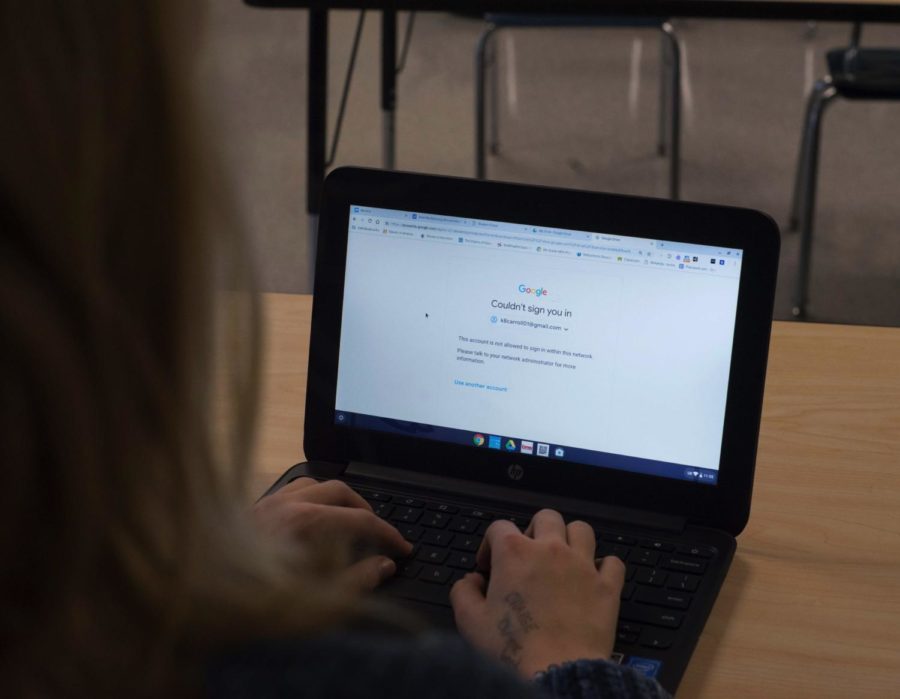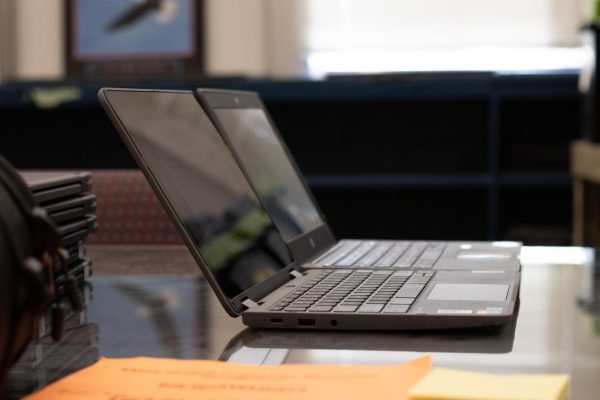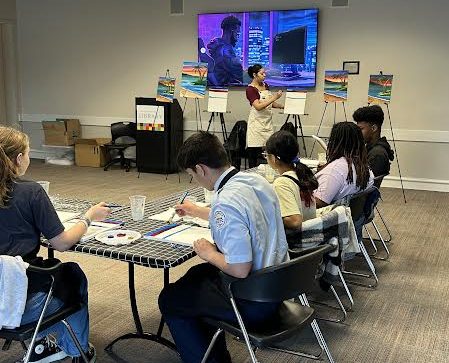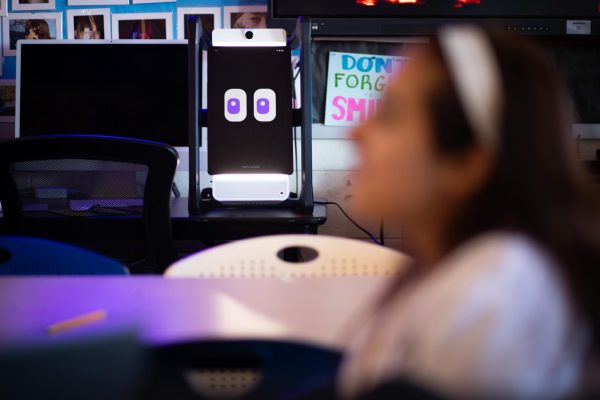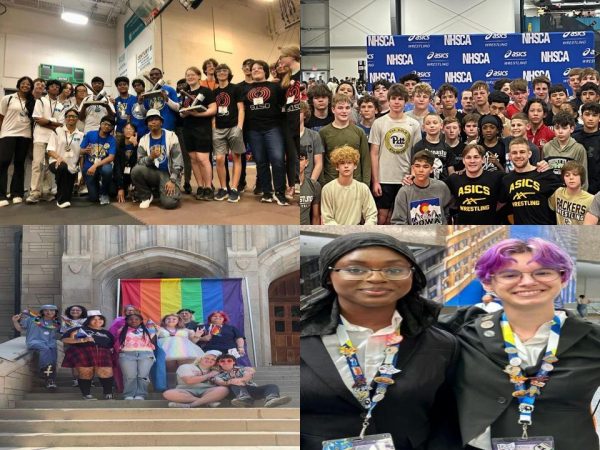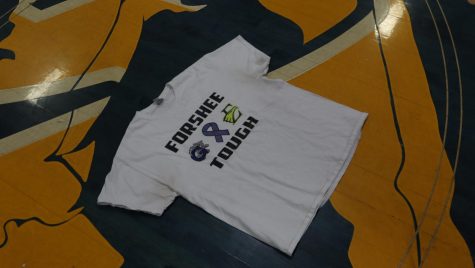CMS internet censorship intensifies
Instagram, Spotify and personal Gmail accounts are all blocked on the CMS network. Federal laws are to blame for the continuous increase in blocked website.
Photo by Eli Hausman
Students are no longer able to access their personal Gmail accounts on the CMS network.
First it was Snapchat. Then, down went Instagram. Spotify was blocked soon after. The latest casualty: students’ personal Gmail accounts.
CMS has cracked down on their internet security measures, as technology usage in schools continues to grow. This past September, East Meck introduced the one-to-one Chromebook policy, which fully immersed students into online learning.
While using these Chromebooks, students have noticed that the number of blocked websites on the CMS wifi network seems to be increasing.
“I didn’t really notice how much [CMS] blocked until I was trying to log into my personal Gmail account and I couldn’t,” freshman Astou Nkouyate said.
Many students have complained about the protective technology measures CMS has taken.
“There’s too many websites that are blocked. It’s hard when I have to stay after school and complete my homework,” senior Ngoc Le said. “I think CMS is too extreme.”
However, CMS is not to blame for technology security policies — the government is. CMS must act in accordance with the Children’s Internet Protection Act (CIPA), which requires K-12 schools and libraries in the US to use internet filters to protect children from harmful content, as well as the Children’s Online Privacy Protection Rule (COPPA), which imposes certain requirements on operators of websites or online services directed to children under 13 years of age.
“While it may seem to be unreasonable or unfair, CMS must comply with these federal laws,” East’s Instructional Technology Coordinator Dr. Susie Austin said.
The Chief Technology Officer for CMS makes sure that the school system abides by both policies. Still, some students think that blocking personal emails on CMS wifi is over the top and detrimental.
“[Our personal emails] are needed for those of us in clubs […] to send emails to people outside of CMS,” senior Neel Gajjar said.
Nevertheless, CMS continues to prioritize security, in accordance to federal laws.
“Why can I not use my personal email at school you might ask? The key word is personal,” Austin said. “CMS provides every students with a CMS email. CMS cannot protect a student on their personal account but they can protect the students in their school email.”
Despite complaints about censorship, the introduction of Chromebooks into CMS schools like East has had a number of benefits.
“Issuing Chromebooks at East Meck has been a good thing for our students,” Austin said. “Many of our students may not have access to computers on a consistent basis and issuing Chromebooks has evened the educational divide for many of our students.”
Due to the success of one-to-one chromebooks thus far, CMS plans to increase technology usage and access in the future.
“I find it every exciting to see our students using digital tools on a consistent basis and like seeing our school go paperless,” Austin said.
Your donation will support the student journalists of East Mecklenburg High School. Your contribution will allow us to purchase equipment and cover our annual website hosting costs.



